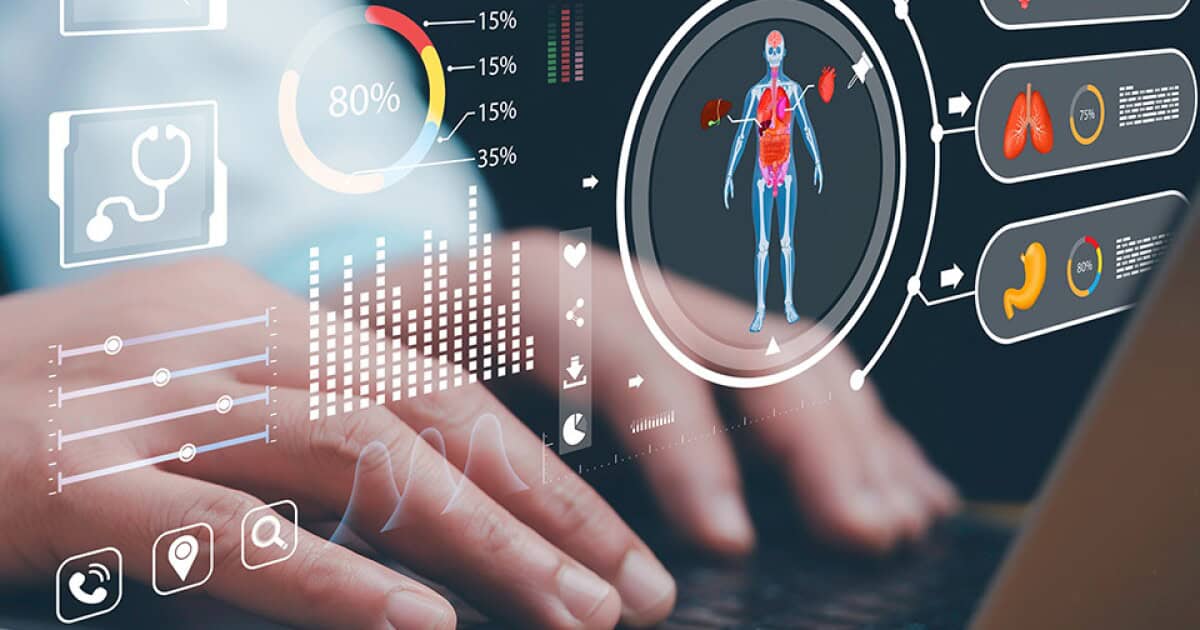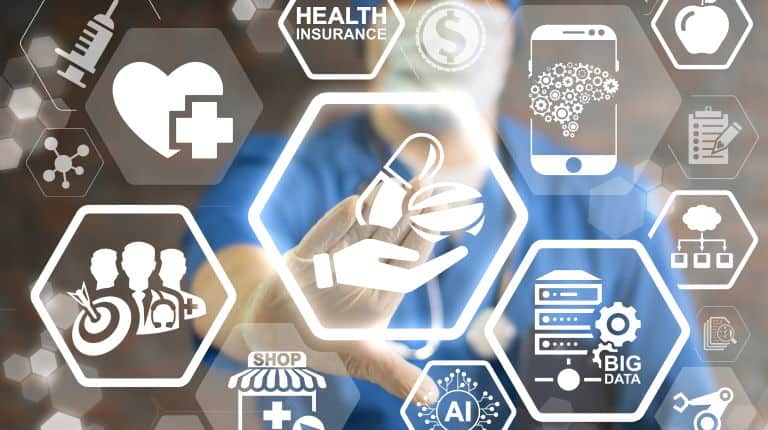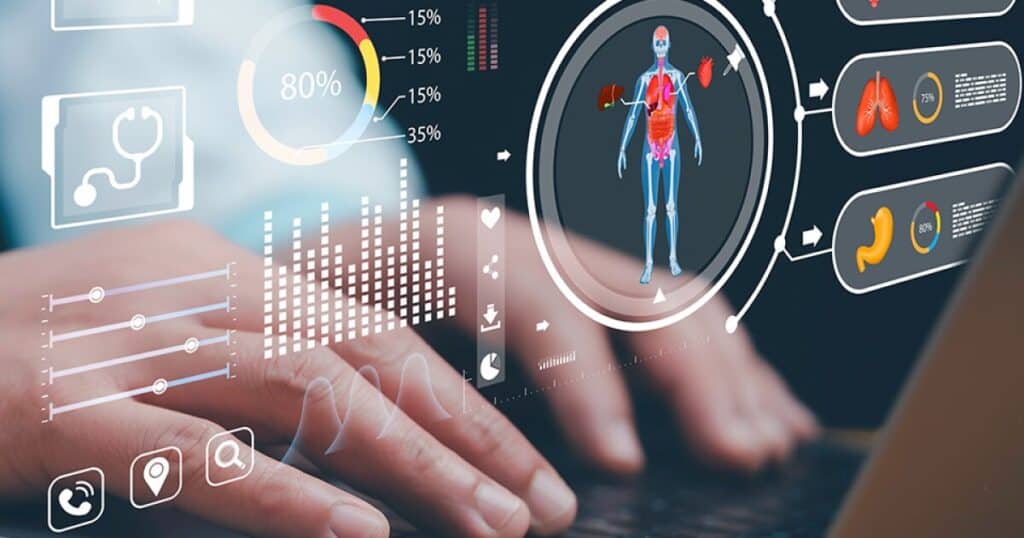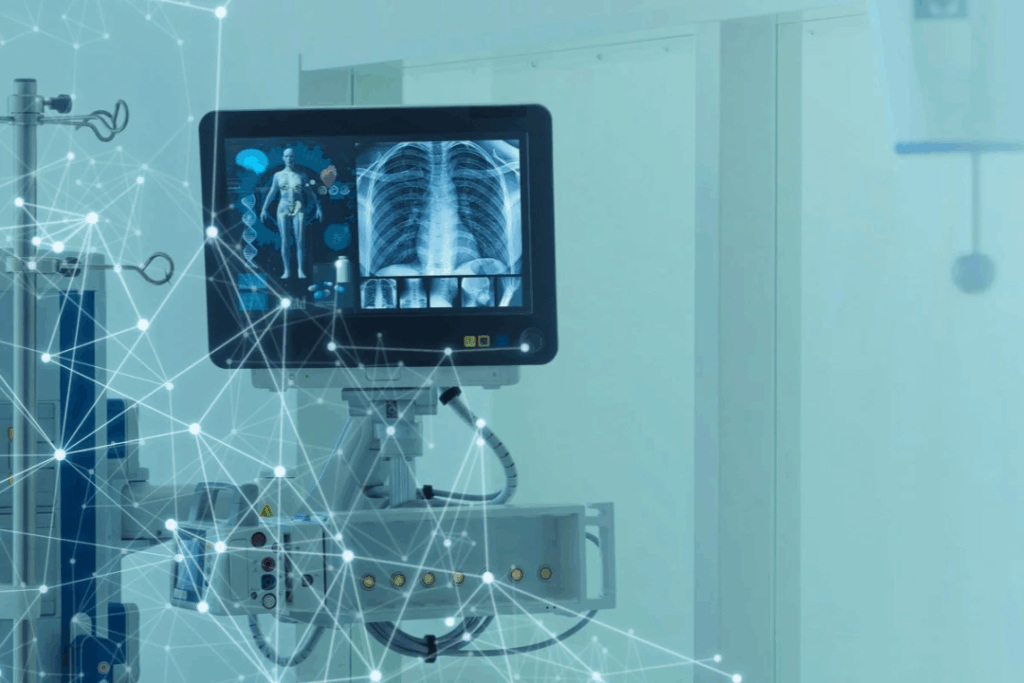Hyperscaling Healthcare: Data Science’s Role in Medical Advancements
- May 28, 2025
- Admin
- 0

In recent years, the healthcare industry has witnessed a transformative shift powered by data science and artificial intelligence (AI). From predicting disease outbreaks to customizing treatment plans for individual patients, data-driven innovations are redefining the boundaries of what’s possible in medicine. One of the most impactful concepts emerging in this space is “hyperscaling healthcare.” But what does this mean, and how is data science making it happen?
What is Hyperscaling Healthcare?
Hyperscaling, a term borrowed from cloud computing, refers to rapidly expanding capabilities while maintaining efficiency and performance. In healthcare, it represents the effort to extend cutting-edge technologies and personalized care to large populations, not just the privileged few with access to elite medical facilities.
The goal is to make smarter, faster, and more personalized healthcare accessible at scale. At the heart of this movement is data science, driving the shift from reactive care to proactive, predictive, and preventive medicine.
The Power of Data Science in Healthcare
Data science is uniquely positioned to fuel hyperscaling through several key contributions:


Predictive Analytics for Early Diagnosis
Advanced machine learning algorithms can analyze thousands of patient records to identify patterns linked to diseases like cancer, diabetes, or cardiovascular disorders, often before symptoms appear. For example, AI systems trained on retinal scans can now detect diabetic retinopathy with high accuracy, enabling earlier intervention.
Personalized Medicine
With access to genetic data, lifestyle information, and health records, data scientists can develop highly personalized treatment plans. This ensures patients receive medications and therapies that are most likely to work for them, reducing side effects and improving outcomes.

Operational Efficiency in Hospitals
Hospitals and clinics are overwhelmed with patients and paperwork. Data science helps streamline operations through predictive scheduling, optimized staffing, and reduced patient wait times. AI-powered chatbots and virtual assistants also ease administrative burdens, allowing medical staff to focus more on patient care.
Public Health Surveillance
During the COVID-19 pandemic, data analytics was instrumental in tracking the spread of the virus, modeling case trajectories, and informing public health decisions. Moving forward, these same methods can be used to monitor outbreaks, track vaccination rates, and forecast healthcare needs in real-time.
Real-World Examples
IBM Watson Health uses AI to recommend treatment options for cancer patients, based on a vast database of clinical trials and patient histories.
DeepMind Health (by Google) developed an AI system that can detect over 50 eye diseases from optical scans, often as accurately as top ophthalmologists.
Babylon Health, a UK-based digital health company, uses AI-driven symptom checkers to provide affordable virtual healthcare to millions across Europe and Africa.
These innovations are not just theoretical, they’re actively improving lives today.
Challenges on the Path to Hyperscaling
While the potential is massive, there are challenges to address:
- Data Privacy: Patient data is highly sensitive. Strict protocols and encryption standards are essential to protect personal health information.
- Bias and Inequality: Algorithms trained on biased or incomplete datasets can reinforce disparities. It’s crucial to ensure that data represents diverse populations, especially in regions like Africa.
- Infrastructure: Many low-resource healthcare systems lack the digital infrastructure needed to support large-scale AI integration.
A Global Call to Action
The concept of hyperscaling healthcare invites governments, tech companies, academic institutions, and healthcare providers to collaborate on building equitable, data-driven health systems. For Africa and other emerging regions, this is a chance to leapfrog outdated models and embrace scalable, smart healthcare from the ground up.
As Quantify Academy, we believe in preparing the next generation of data scientists not just to analyze data, but to solve real-world problems like health inequality, disease prevention, and medical access. Hyperscaling healthcare is not a dream of the future, it’s a data-powered mission of today.
